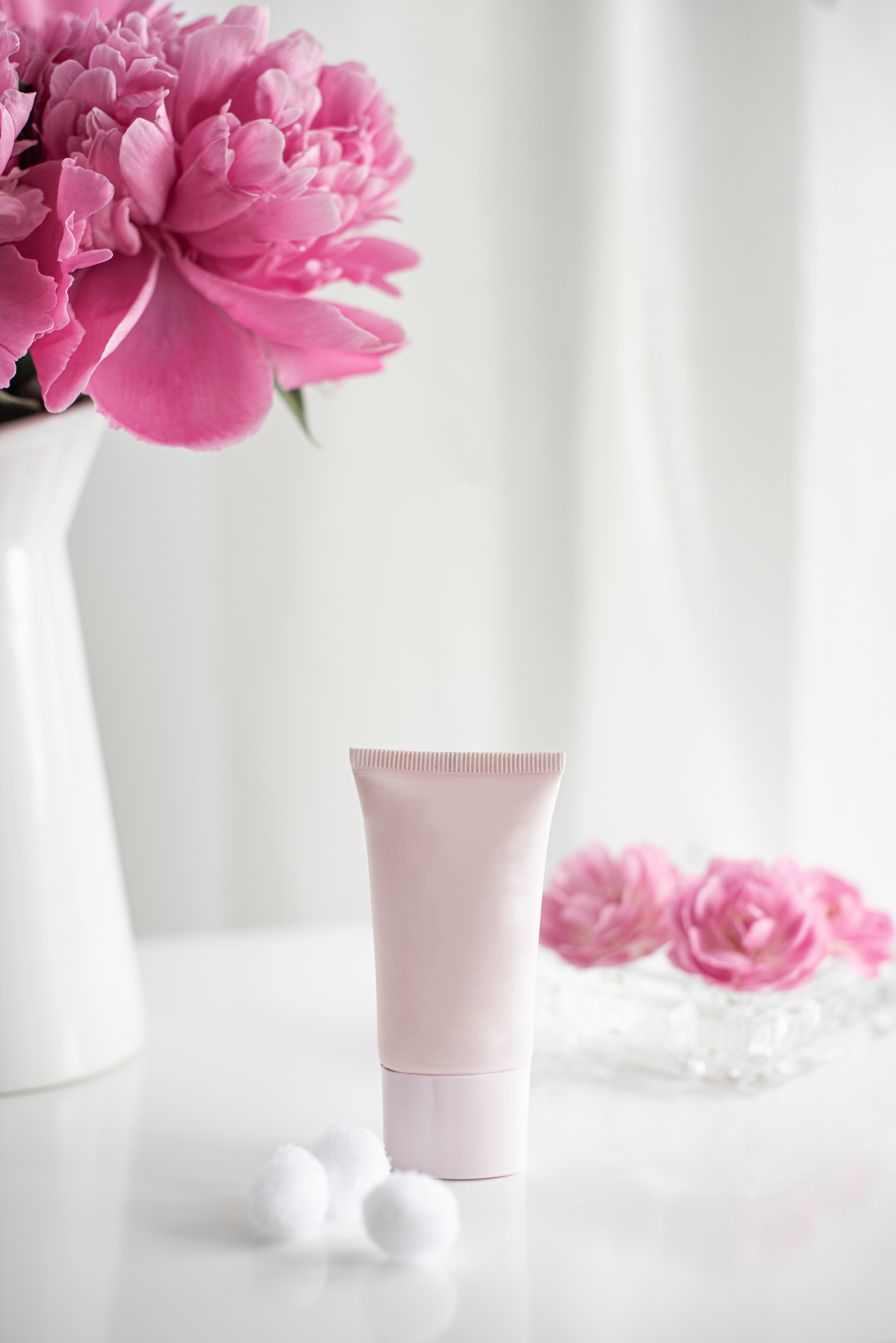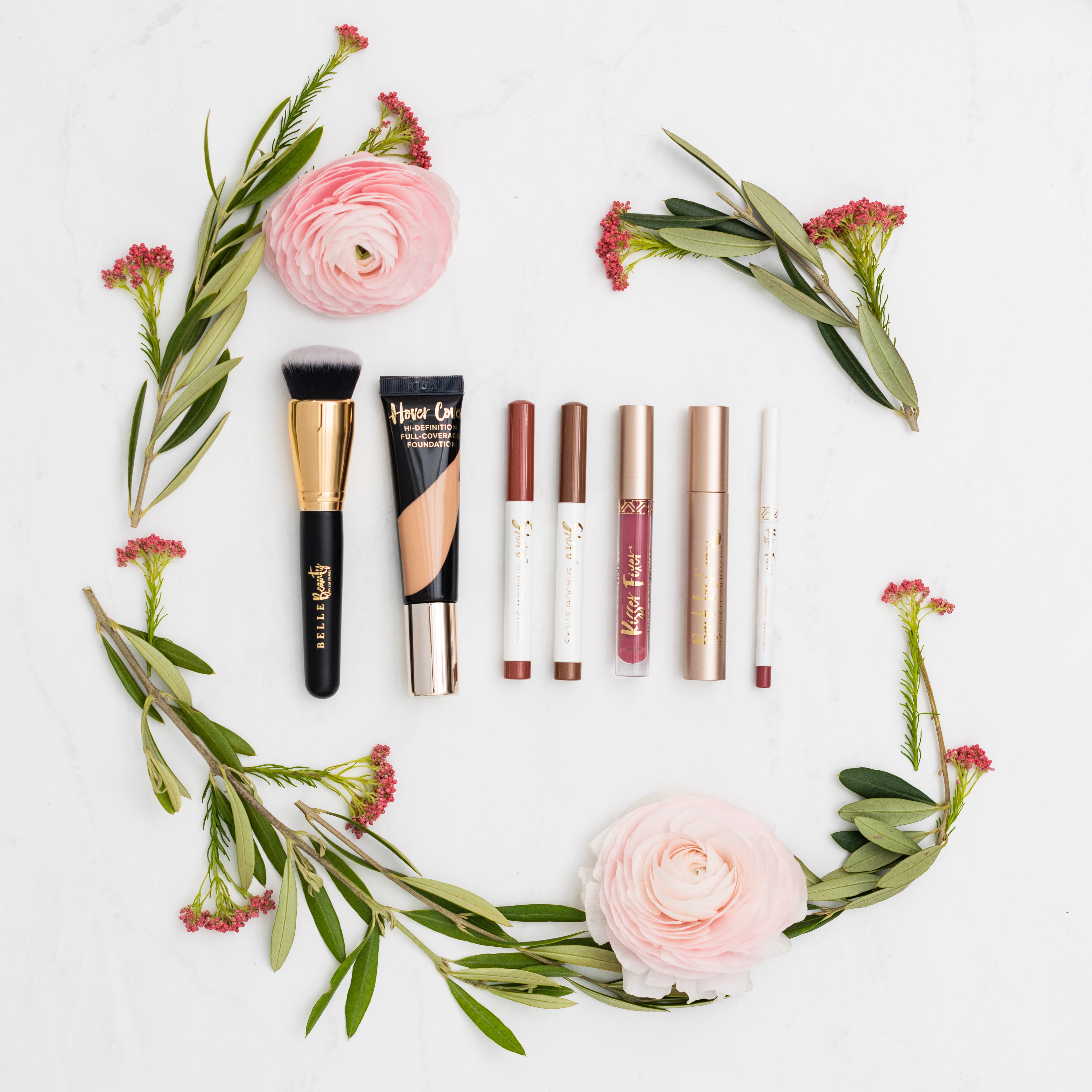How Retinol Works
Retinol (Vitamin A) is an antioxidant that can help reduce the appearance of fine lines and wrinkles by stimulating collagen production. It also helps improve skin texture, which makes it ideal for reducing pores and improving the overall clarity of your complexion. In addition to this, vitamin A has been shown to increase cell turnover, which means more new cells are produced on top of existing ones.
Retinol is one of the best anti-ageing treatments available today. Not only does it help reduce fine lines and wrinkles, while increasing collagen production but Vitamin A has been shown to help skin cells grow faster and produce more new tissue. This makes for smoother looking skin with better skin elasticity.
The best way to use retinol is topically, which means applying it directly to the affected area.
What are the benefits of taking Retinol?
Retinol is the active form of the nutrient called retinoic acid. It is a form of Vitamin A and helps keep wrinkles at bay and gives the skin a healthy glow. It has been used for decades in dermatology to treat acne and wrinkles while improving elasticity of the skin.
Retinol is used for mainly for treating wrinkles, sun damage, ageing skin, and other conditions associated with anti-aging effects. Retinol helps repair damaged skin cells, which makes them look younger. The active ingredient stimulates collagen production, making your skin tighter and smoother. It can also reduce the appearance of dark spots, such as age spots and melasma.
Retinols are also one of the best ways to treat acne because they help clear up blemishes without causing dry skin. They're also safe enough to use every day..
The best way to apply retinol is using a light moisturiser first then applying the retinol all over the face and neck area for 20 minutes. After applying the product, wash off completely with water.
What are the common side effects of using too much Retinol?
What about side effects of Retinol? While most people experience no negative reactions, others may feel a little queasy or develop dryness or irritation. If that happens, stop using them and try again later.
Many people love the way retinol makes their skin look, but others do experience some unpleasant side effects. Some common ones include irritation, dryness, peeling, redness, itching, flaking, scaling, and burning. If you notice any of these symptoms, stop using the product immediately and consult your dermatologist.
Most OTC retinol brands are safe to use as recommended, but there are some minor side effects that could occur if you use too much. To avoid these issues, use only high quality products.
We recommend using a small amount of the OTC product on your arm first for several days to see how it feels and works.
Recent studies show that using too much vitamin A (note that this applies to very high amounts) may result in birth defects. Therefore, pregnant women should avoid taking too much vitamin A as it may be toxic to them.
Do retinoids really reduce wrinkles?
Topical vitamin A–based drugs called retinoids—the most used and most studied anti-ageing compounds— does look like it reduces fine lines and wrinkles. The active ingredient in retinoids is called tretinoin.
This vitamin A derivative helps reduce inflammation and prevent clogged pores. It was used as an acne treatment in the 1970s, but researchers later discovered that it also fades actinic keratosis spots, evens pigmentation, and speeds the turnover of superficial skin cells. Tretinoin may improve photodamaged skin.
Tretinoin is usually applied directly to the skin. You'll apply it in a cream form, either alone or mixed with another product such as benzoyl peroxide. You might notice some redness during the first few weeks of using tretinoin. But you shouldn't see any long term side effects.
A derivative of vitamin A, retinol is widely considered by most experts and dermatologists to be the final word in effective, 'active' skincare. Studies have proven its ability to aid myriad skin concerns, from fine lines to pigmentation and even acne.
Retinoids also stimulate the production of new blood vessels in the skin, which improves skin colour. Additional benefits include fading age spots and softening rough patches of skin. However, it takes three to six months of regular use before improvements in wrinkles are apparent—and the best results take six to 12 months.
Because retinoids can sometimes cause skin dryness and irritation, doctors often recommend using them only every other day at first and then gradually working up to nightly applications.
Wear a sunscreen during the day because retinoids increase the skin's sensitivity to sunlight. These drugs must be used continually to maintain their benefits.
Can you put moisturiser over retinol?
Yes, you can use moisturisers over retinols, however, they should be applied at least 30 minutes after applying the retinol.
Retinols work best when used alone, whereas moisturisers work better when combined with other skin care ingredients such as vitamin C.

How Much Retinol Should You Use?
The amount of retinol you need will vary from person to person depending on their skin type. For example, if you have oily skin, then you may only need a small dose of retinol per day.
If you have dry or combination skin, however, you might require a higher dosage. The best way to find out how much you need is to test different products until you find the right balance between efficacy and irritation.
How long does it take to see results?
The effects of retinoids vary depending on how much product you use and how often you apply it. For best results, use a retinoid once every day.
Apply it morning and night, even under makeup. If you want to speed up the process, try applying a retinoid containing 0.05% retinyl palmitate.
Retinol takes about 4 weeks to start working. If you apply it daily, you should notice visible results after 2 months. However, you may need up to 6 months for full benefits.
Can I use Retinol over my entire face?
Yes. You can use retinol over your entire face, including your lips, chin, cheeks, forehead, nose, eyes, and neck. However, avoid areas around your mouth because of the risk of irritation.

Does Retinol work for everyone?
Retinol has been around for decades, and it still remains one of the best anti ageing treatments available today.
The problem is that some people don't respond well to retinol, while others do depending on many key factors including skin tone.
If you're interested in improving your skin via natural skincare remedies, then you should try out retinol first.


